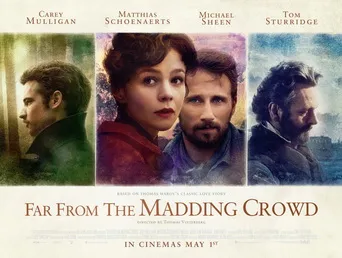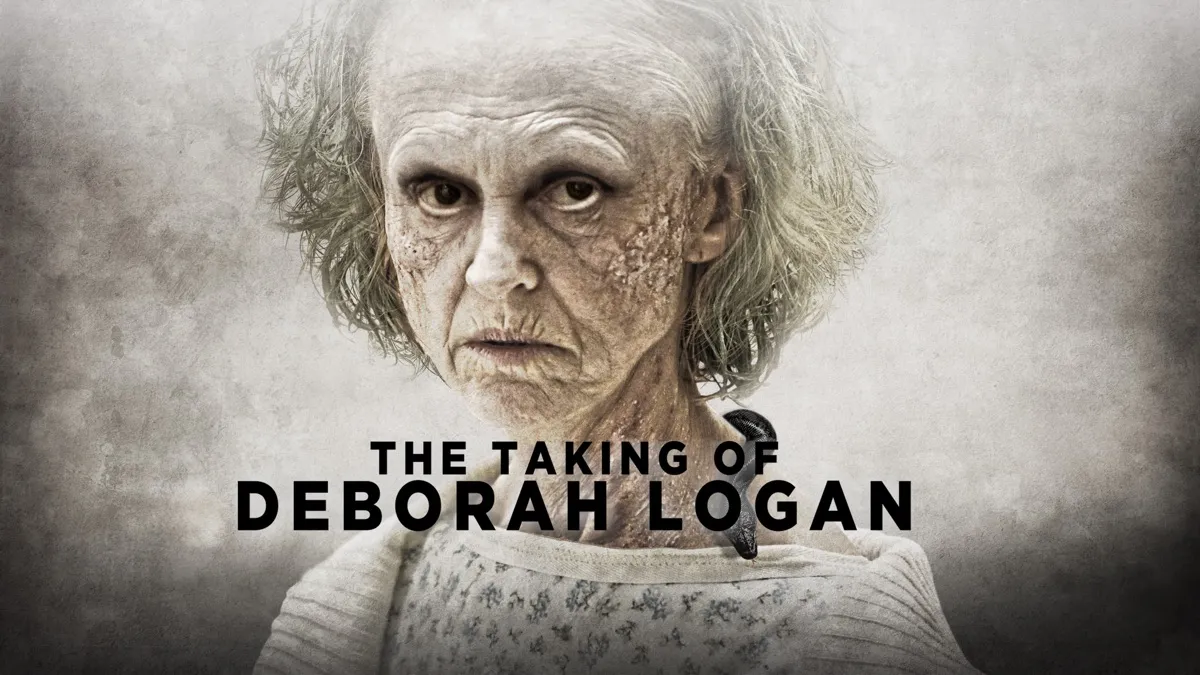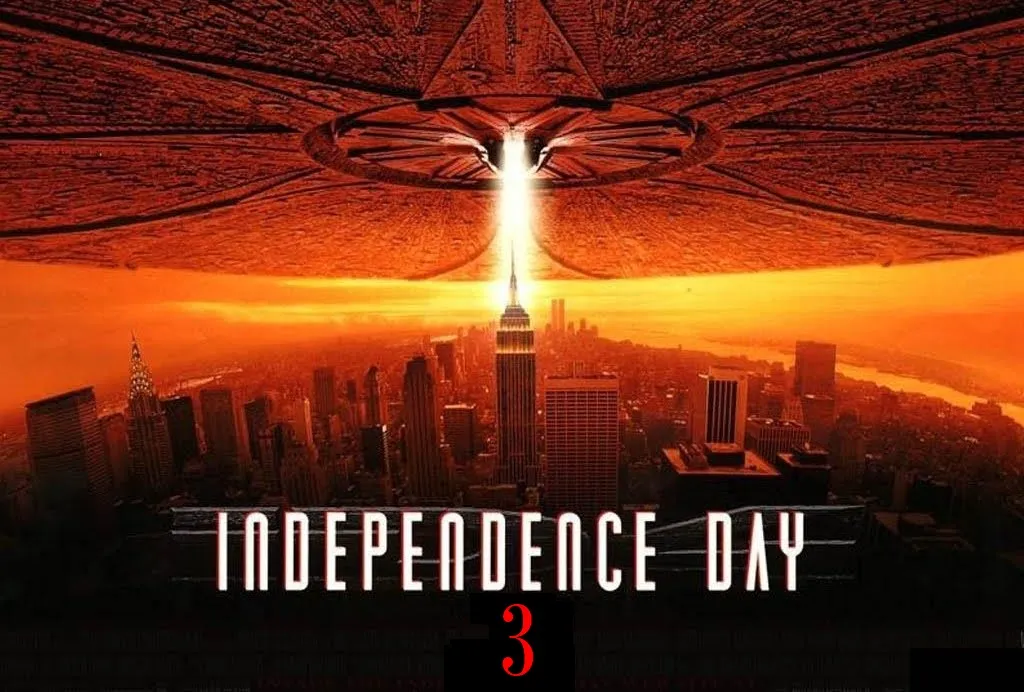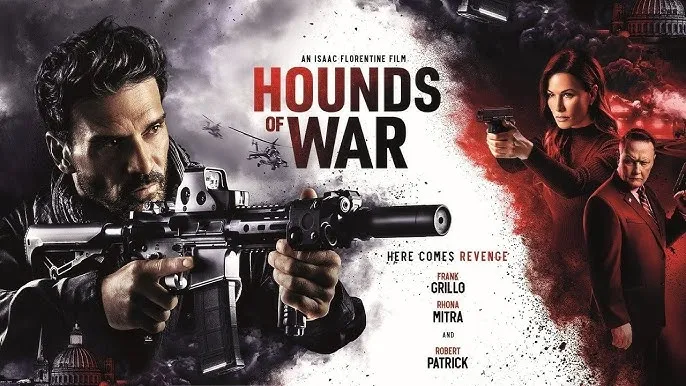In a world divided by war, only one voice can unite the sky and the soul.
Skyrim (2026) soars onto screens as the long-awaited live-action adaptation of Bethesda’s legendary RPG, The Elder Scrolls V: Skyrim. Directed with sweeping ambition and mythic scale, the film breathes cinematic life into the cold mountains, ancient ruins, and dragon-scorched skies of Tamriel’s most iconic province. But this isn’t just another fantasy epic—it’s a story of fate, identity, and the burden of power carried in blood and fire.
At the center is Dovahkiin, a mysterious prisoner turned prophesied hero, gifted with the power of Thu’um—the ancient Dragon Shout. Played by [Lead Actor/Actress], the Dragonborn must navigate a land torn by civil war, political betrayal, and the return of Alduin, the World-Eater: a dragon god bent on devouring all of creation. But while battles rage and dragons rise, the Dragonborn faces a deeper conflict—the choice between heroism and hubris, between peace and domination.
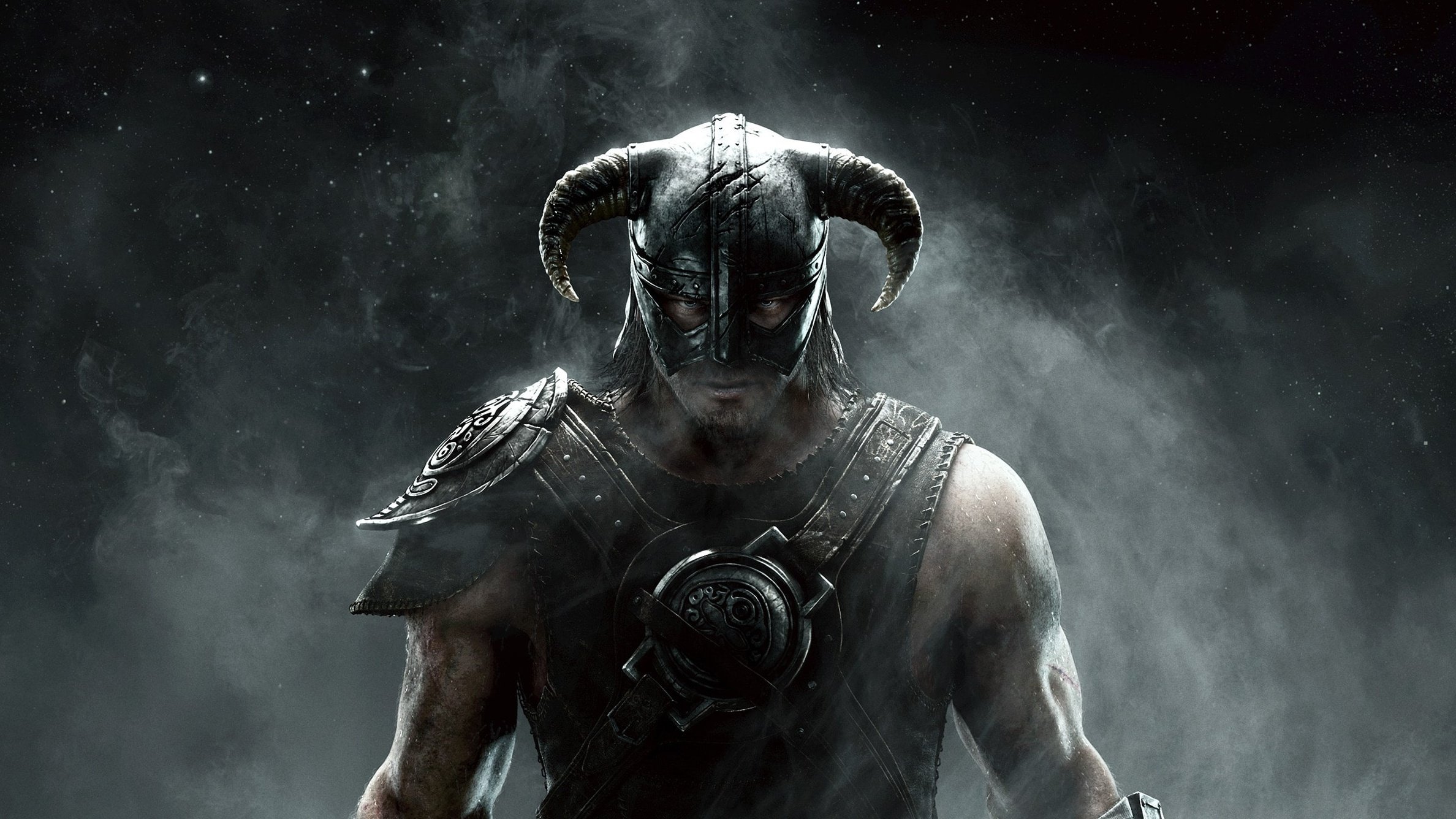
The film doesn’t try to cram every side quest and guild into two hours. Instead, it focuses tightly on the main arc: the prophecy, the shouts, the Scrolls, and the soul of the Dovahkiin. Along the way, we meet beloved characters like Lydia, a stoic housecarl; Paarthurnax, a wise dragon seeking redemption; and Delphine, a Blade on a mission that may cost her everything. Each adds emotional weight to the sprawling conflict between mortals and monsters, fate and freedom.
Visually, Skyrim (2026) is breathtaking. Snowy cliffs, torchlit dungeons, and dragon duels in stormy skies are rendered with next-gen CGI and practical effects. From the Nordic tombs of Whiterun to the frozen vastness of Winterhold, every frame pays homage to the game’s visual identity while carving its own cinematic style. The soundtrack, echoing Jeremy Soule’s iconic theme, pulses with ancient echoes and dragon-blooded fury.
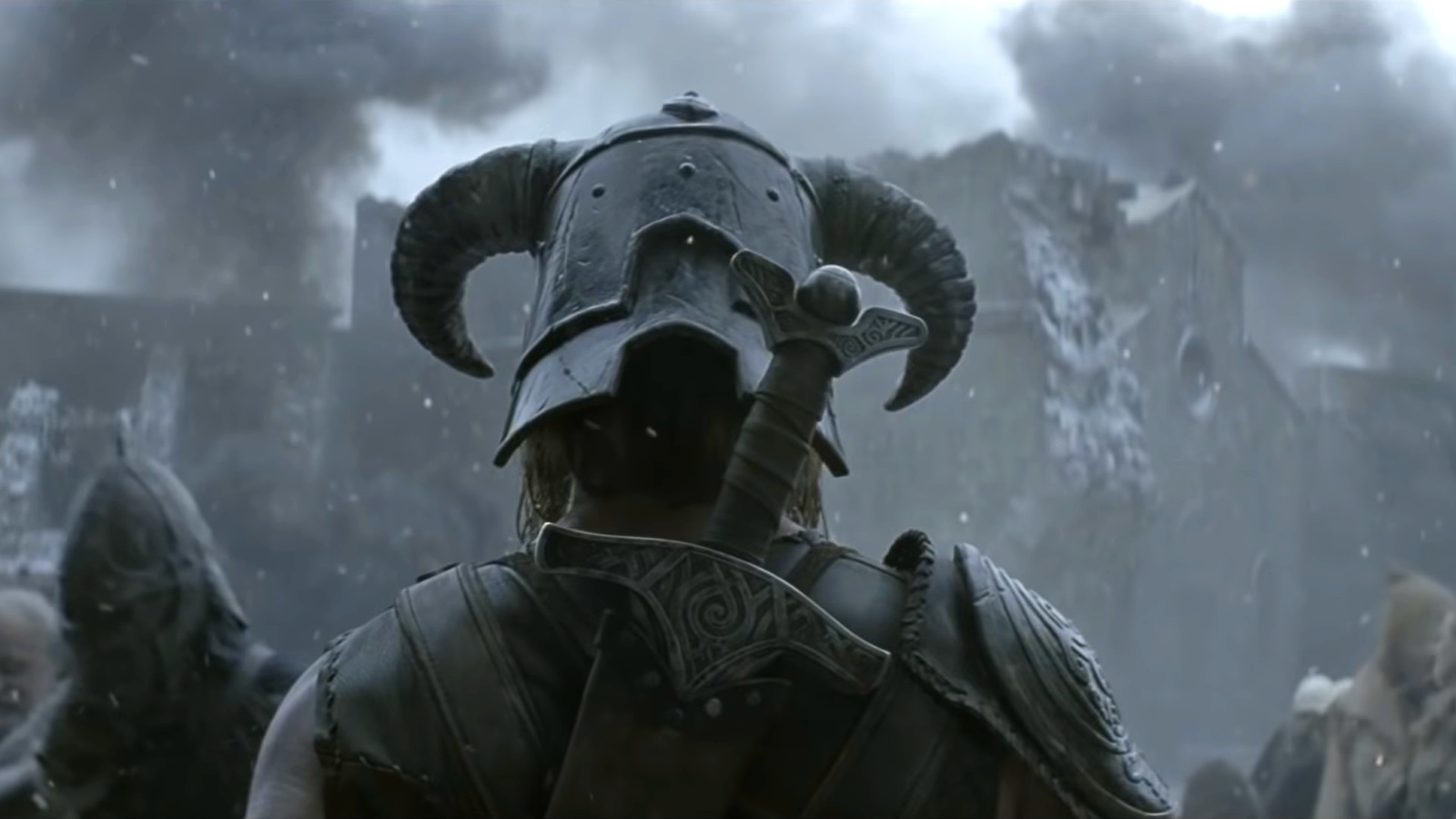
But the film's true power lies in its soul: the Dragonborn’s quiet moments of doubt, loyalty, and resolve. This is not just a tale of slaying dragons—it’s about embracing destiny without losing humanity. And when the final Fus Ro Dah rings through the mountains, it’s not just a roar—it’s a reckoning.
